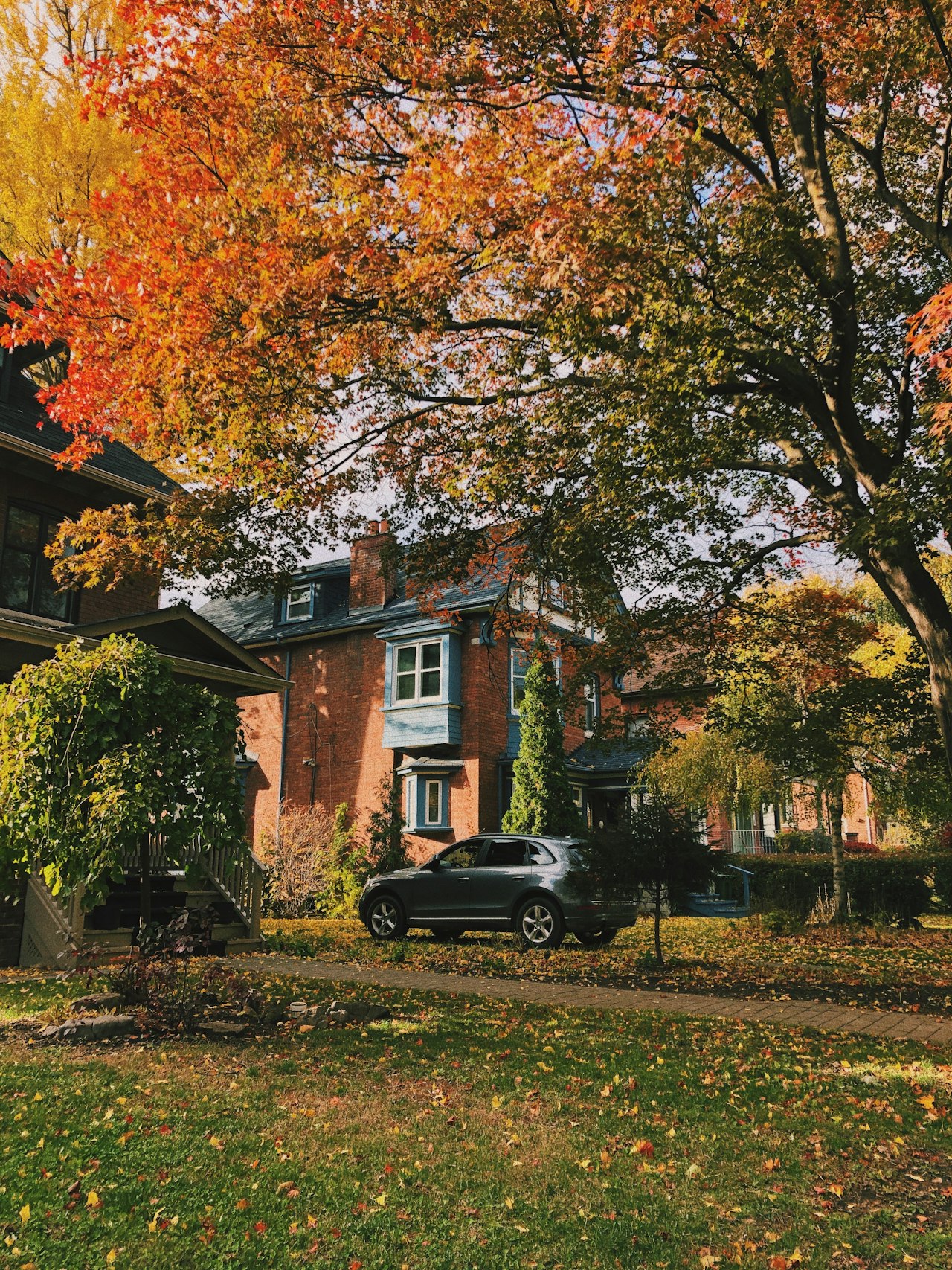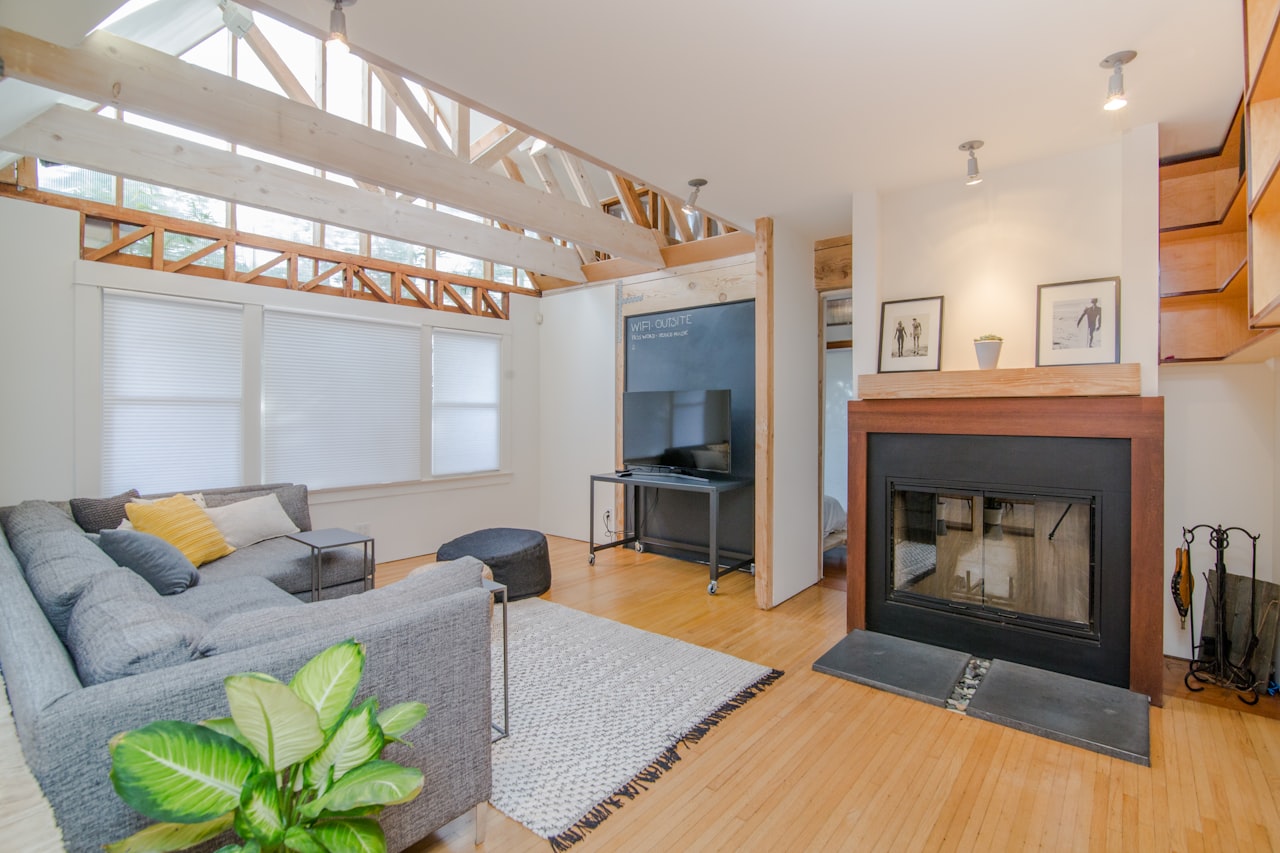Home. More than just walls and a roof—it's the rhythm of footsteps on a quiet morning, the noise (or quiet) that drifts through open windows, the embrace of a neighborhood that feels just right. Some people spend a lifetime on the lookout for their perfect home – but that search varies greatly based on value systems, time of life, and current priorities. Square footage and curb appeal aside, a house must not only feel right, but be in the right place. What speaks to you about a place? Perhaps nature makes you feel free, or the pulse of the city lights you up. Maybe schools are top of mind for the prolonged future, or maybe you’re looking for suburban lull that brings with it peace and serenity. In any case, analysis paralysis can overwhelm and underdeliver. (When worse comes to worst, let an expert be your guide!) To make the most of your options, it is best to engage in a delicate dance of neighborhood discovery – where you can plan to plant your roots and watch them grow.
Define
The first step in finding the right neighborhood is to define your priorities. Consider what matters most to you (and your family). Here are some common factors to consider:
- Proximity to Work: Do you need to commute daily? If so, how close do you want to be to your workplace? Would you prefer to drive, bike, or use public transportation?
- School District: If you have children or plan to become parents, the quality of local schools is crucial. Research the school districts in different neighborhoods to find the best fit.
- Safety: Safety is a top concern for many people. Check crime rates and talk to local residents to gauge the safety of a neighborhood.
- Community Amenities: Consider the amenities that matter to you, such as parks, grocery stores, restaurants, and entertainment options.
- Lifestyle and Interests: Are you an outdoor enthusiast? Do you prefer a vibrant city life or a quieter suburban setting? Your interests can help guide your choice.
Research
Once you have a list of priorities, start researching neighborhoods that align with your preferences. Use online resources and personal research (coffee dates, phone calls, visits) to gather information about each area. Here are some useful tools for your research:
- Real Estate Websites: These websites provide information on housing prices, trends, and market data. Look for neighborhoods that fit your budget.
- Neighborhood Review Sites: Sites like Niche, NeighborhoodScout, and Nextdoor offer insights into what it's like to live in specific areas. Read reviews and connect with local residents.
- City Data: Check out local government websites for information on schools, crime rates, public transportation, and development plans.
- Social Media: Join local Facebook groups or Reddit communities to interact with current residents and ask questions about the neighborhood.
Visit
After researching, the next step is to visit the neighborhoods on your shortlist. Here's what to look for during your visit:
- First Impressions: How does the neighborhood feel when you arrive? Is it welcoming and well-maintained?
- Noise Levels: Consider the noise levels at different times of the day. Are there busy roads, train tracks, or airports nearby?
- Walkability and Transit: Explore the area on foot or using public transportation. Is it easy to get around? Are there sidewalks and bike lanes?
- Local Amenities: Visit the local grocery stores, coffee shops, and parks. Do they meet your expectations?
- Community Atmosphere: Talk to residents and local business owners. Are they friendly and helpful? Does the neighborhood have a strong sense of community?
Consider
When choosing a neighborhood, think about your long-term plans. Will this neighborhood suit your lifestyle for the next several years? Consider factors like:
- Development and Growth: Is the neighborhood experiencing growth? Are there plans for new infrastructure or commercial developments?
- Property Values: Look at trends in property values. Is the neighborhood likely to appreciate in value?
- Access to Healthcare and Education: Check for nearby hospitals, clinics, and educational institutions.
- Recreation and Entertainment: Ensure there are activities and entertainment options that align with your interests.
- Healthcare and Medical Services: The proximity and quality of healthcare facilities are crucial. Check for hospitals, clinics, and specialist offices nearby. A neighborhood with easy access to medical services can be a significant advantage, especially in emergencies or for routine care.
- Dining and Entertainment: Explore the local dining scene and entertainment options. Are there a variety of restaurants, cafes, and food markets to suit your taste? What about theaters, music venues, and other entertainment spots? A vibrant dining and entertainment culture can greatly enhance your experience in a neighborhood.
- Pet-Friendly Amenities: If you have pets or plan to get them, consider the pet-friendliness of the neighborhood. Are there dog parks, pet stores, and veterinary services nearby? A pet-friendly neighborhood can make life with animals more enjoyable and stress-free.
- Sports and Recreation: Assess the availability of sports facilities and recreational activities. Are there gyms, swimming pools, golf courses, or sports fields in the area? These amenities can offer various opportunities for staying active and meeting new people.
Choosing a neighborhood begins with a journey that requires both heart and mind, blending practical considerations with a sense of intuition. Trust your instincts, but let the facts guide you. Consider your needs for today, but dream a little about tomorrow. With each visit, each conversation, and each glimpse into what could be, you're writing the opening lines of a new chapter. There is fun to be had on the quest. And when you’re done, you'll know you've found more than a house—you’ve been welcomed home.
>>>
Catch us back here bi-weekly as we bring you curated and Chicago-based real estate content (with a life coach’s twist). Next up: Summer got you longing for the lake? Start here: Lake-Life, Locally – Find the Flow Along the Skyline



































































































